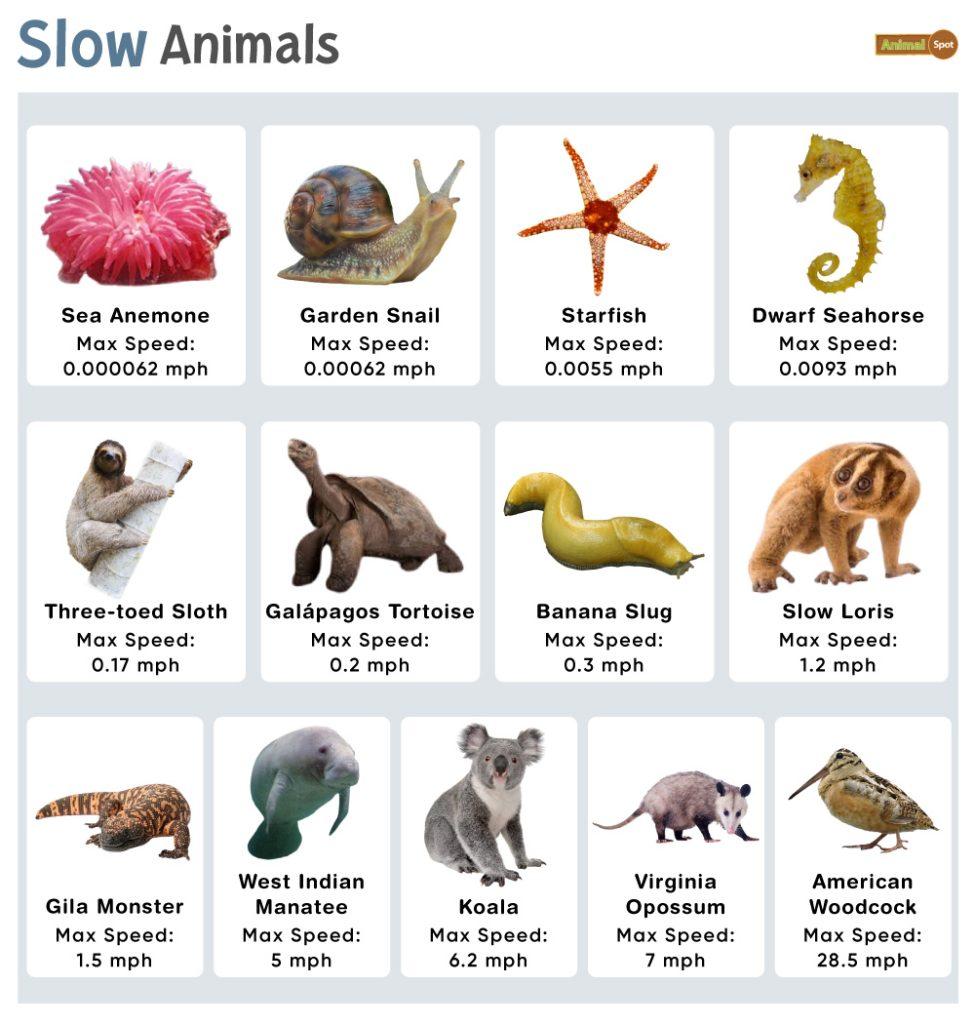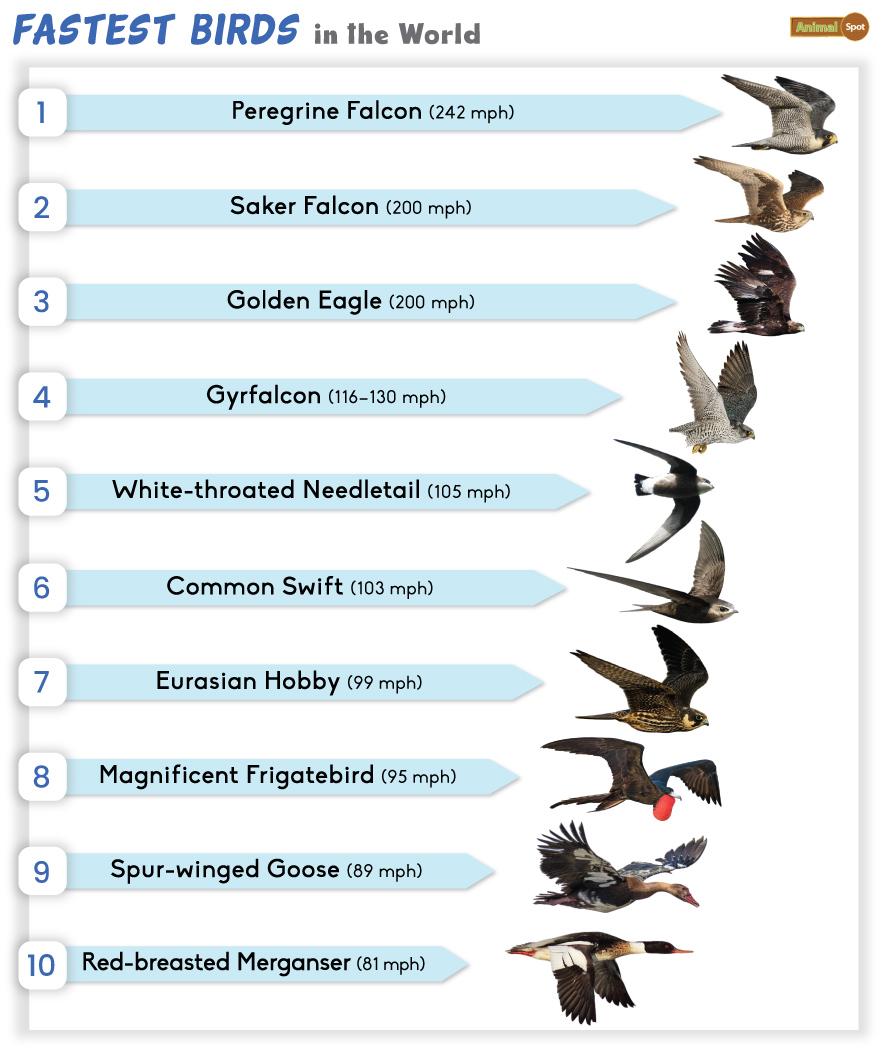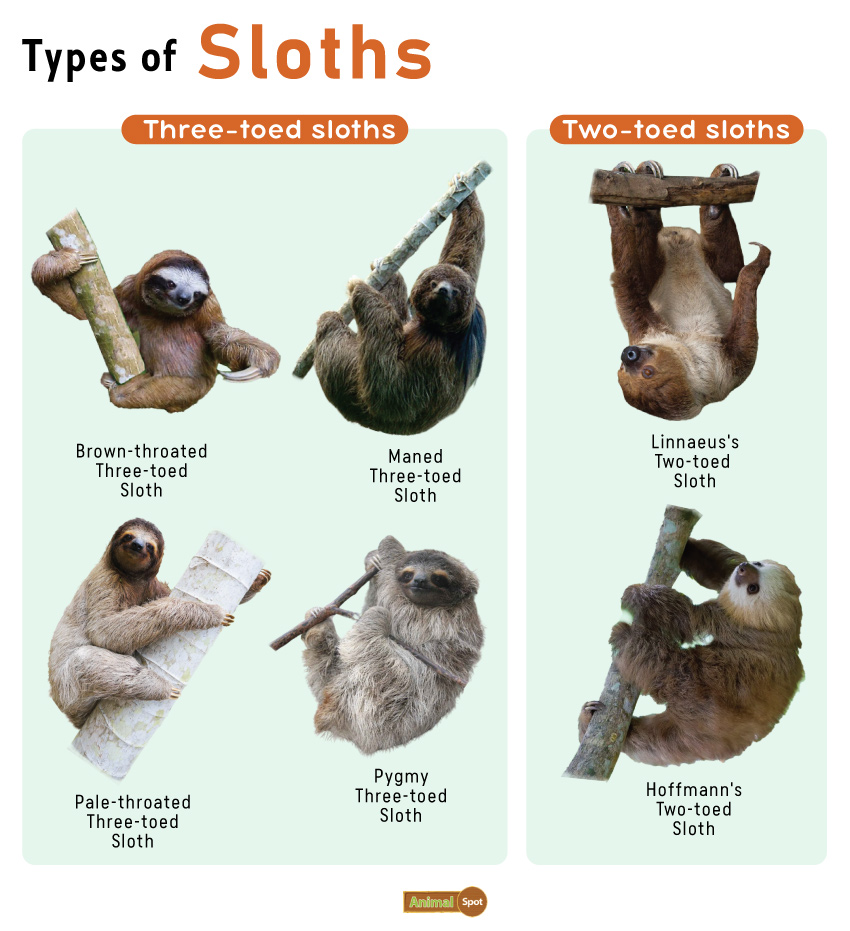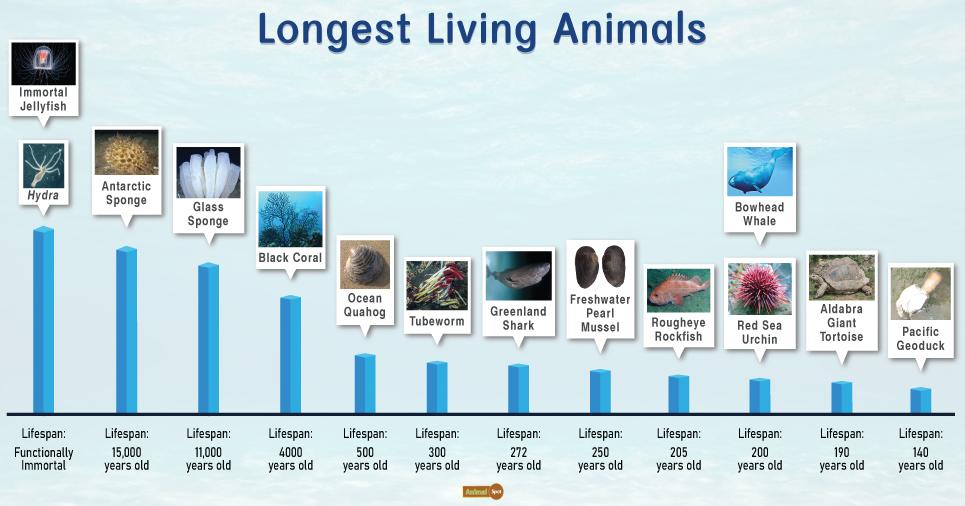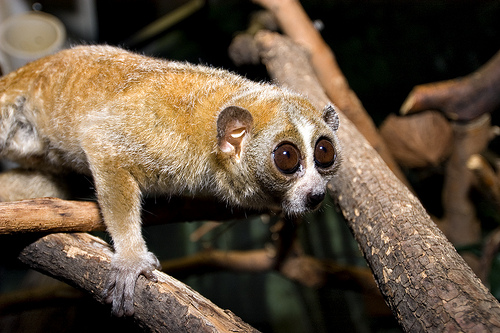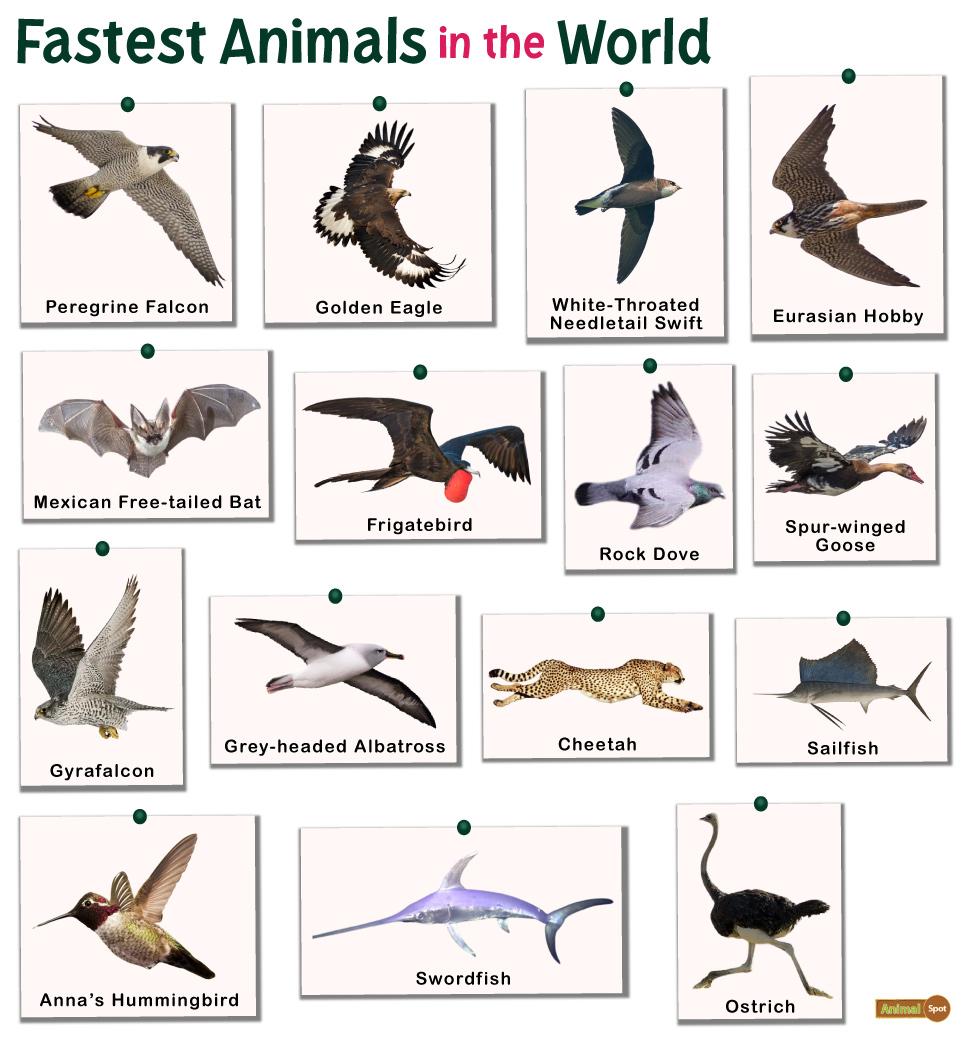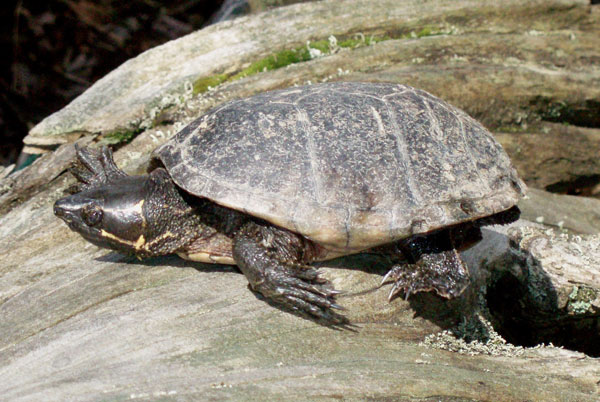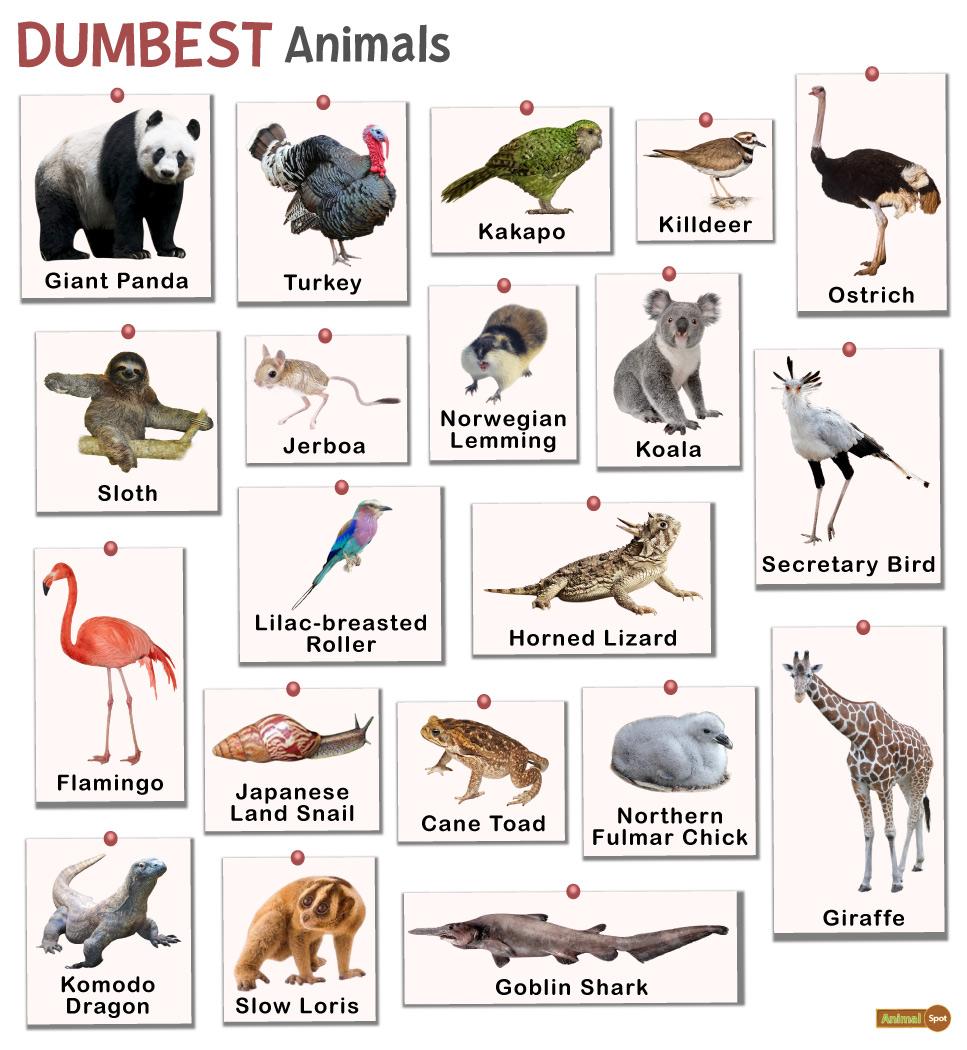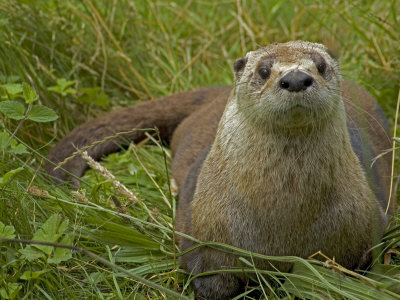While moving at slow speeds in the wild may seem counterintuitive, as animals need to move quickly to outrun predators and outpace prey, these animals have learned to take it slow. This article has detailed a list of some of the slowest-moving animals on the planet and how they have adapted despite their leisurely lifestyle.
List of 13 Slow Animals
1. American Woodcock
Maximum Speed: 28.5 mph
Compared to the other animals on this list, the capability of the American woodcock to reach speeds of 28.5 mph makes it appear relatively fast. However, it only reaches these speeds while migrating and is the slowest bird capable of flight, holding a record of 5 mph.
2. Virginia Opossum
Maximum Speed: 7 mph
A rare North American marsupial, the Virginia opossum moves glacially. As a result, it tries to avoid predation by ‘playing dead’, but this behavior, combined with its slow movements, often leads to this opossum getting killed in road accidents.
3. Koala
Maximum Speed: 6.2 mph
Due to its slow metabolic rate and diet consisting of eucalyptus leaves, the koala tends to move about very slowly. This low-energy lifestyle leads to these animals mostly sleeping in trees and not moving around much.
4. West Indian Manatee
Maximum Speed: 5 mph
The largest sea cow alive today, the West Indian manatee can reach speeds of up to 5 mph if it tries hard. Luckily this herbivorous mammal has very few natural predators but often collides with watercraft while swimming.
5. Gila Monster
Maximum Speed: 1.5 mph
While the Gila monster is the largest lizard in the US and is feared for its venomous bite, it is also extremely sluggish and poses no threat to humans. It generally bites its prey and waits for them to pass out and die from the shock and blood loss.
6. Slow Loris (all species)
Maximum Speed: 1.2 mph
All species of the slow loris have developed toxins in their mouths and elbows, discouraging predation. This has let them evolve to be naturally slow while moving about. However, they are capable of quickly striking out at prey.
7. Banana Slug (all species)
Maximum Speed: 0.3 mph
Named after the fruit, banana slugs are all extremely slow. They move about by secreting mucus and lubricating the ground in front of them. This mucus also acts as an effective deterrent against predation, as consuming it leads to a numbing of the tongue.
8. Galápagos Tortoise
Maximum Speed: 0.2 mph
With heavy shells on their back and a capability of reaching speeds of about 0.2 mph, it does not surprise that the Galápagos tortoise moves very little throughout the day. However, as these tortoises are among the longest living animals as well, it would appear they have plenty of time.
9. Three-toed Sloth (all species)
Maximum Speed: 0.17 mph
All four three-toed sloths are extremely slow – which works to their advantage as algae cover their almost immobile bodies leading to effective camouflage in arboreal environments. They are speedy swimmers, though.
10. Dwarf Seahorse
Maximum Speed: 0.0093 mph
Swimming at a top speed of about 5 feet per hour, the dwarf seahorse is the world’s slowest fish. They camouflage themselves with the help of small skin growths on their body called cirri, which resemble algae. This also makes them effective ambush predators.
11. Starfish (all species)
Maximum Speed: 0.0055 mph
Starfish propel themselves with the help of the suction cups underneath their arms. For more effective ways of moving about, starfish will often let themselves be carried by ocean currents.
12. Garden Snail
Maximum Speed: 0.00062 mph
The garden snail is even slower than banana slugs, primarily thanks to the shell on their backs. However, the shell also serves as an effective defense into which they can retreat if attacked.
13. Sea Anemones (all species)
Maximum Speed: 0.000062 mph
While seemingly immobile, the sea anemone is capable of movement. Preferring to attach themselves to a hard surface, sea anemone species tend to move with the help of waves and currents, as they can only cover about a centimeter in an hour.

